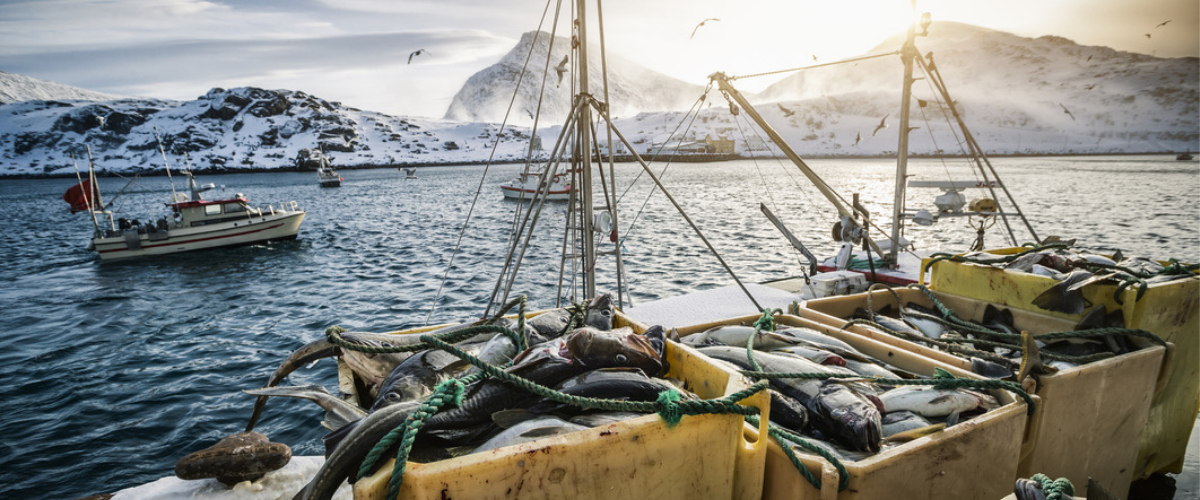This long-form article written by Andrew Merrie for the Food Planet Prize explores current ocean challenges, tensions and opportunities for transformation, citing research from the Blue Food Assessment. Read the full opinion article here.
The ocean is truly the final wild commons. We should support its ability to deliver ecosystem goods and services and remain a cornerstone of the global food system far into the future.
Yet, we mistreat, exploit and pollute it. We take it for granted, without grasping how vulnerable it actually is. This was made abundantly clear on May 25 when a cargo ship carrying numerous tons of toxic chemicals caught fire and sent flaming containers of nitric acid, sodium hydroxide, and plastic pellets into the sea, just 14 km from the port in Sri Lanka’s capital, Colombo. The worst maritime disaster in the country’s history is a mortal blow to the region. Hazardous waste, microplastics, burned debris, and dead marine life immediately washed up along the once-pristine shores. Fishing was promptly banned within a 50-mile radius of the wreck, causing devastation to thousands of locals who depend on the industry for their livelihoods.
Our oceans are ailing, mostly due to human-induced pressure, but they are still remarkably bountiful. To save this potentially endless and sustainable source of nutritious food – the “infinity fish,” as Dr. Rashid Sumaila (Professor and Director of the Fisheries Economics Research Unit at the University of British Columbia Fisheries Centre) calls it – there’s a laundry list of things we must do. We need to protect vulnerable habitats and ecosystems, reduce rates of overexploitation, regulate exploratory fishing, take charge of and steer the development of the blue economy, mitigate greenhouse gas emissions, curtail the flow of pollutants into the ocean, and focus on restoration and nature-based solutions.

Just like we differentiate between chicken, beef, and pork, we should distinguish between salmon, mussels, and herring because science shows us that they are very different across both environmental and nutritional dimensions.
Beatrice Crona, Stockholm Resilience Centre
The author of the article, Andrew Merrie, is a Research Liaison Officer at the Stockholm Resilience Centre, Stockholm University. His PhD project focused on the governance of the future ocean with a particular focus on the high seas, the vast areas of the global ocean that remain a global commons.
